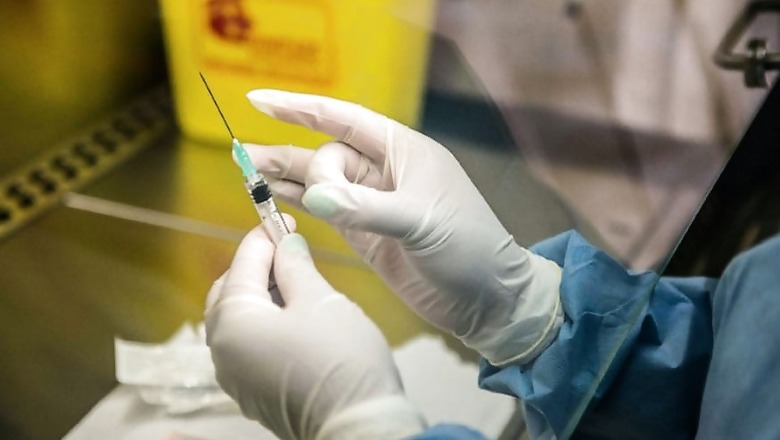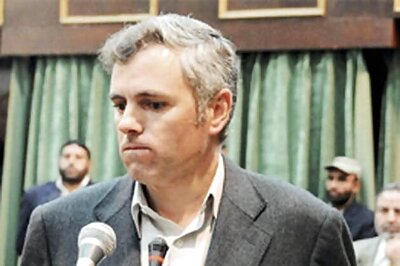
views
New Delhi: The prospects of developing an effective vaccine for tuberculosis — the world's deadliest infectious disease — "are now more promising than ever," said Mark Feinberg, President and CEO of International AIDS Vaccine Initiative (IAVI).
Feinberg’s comments came after the IAVI and Aeras, a non-profit organisation dedicated to developing tuberculosis (TB) vaccines, announced transfer of Aeras’ TB vaccine clinical research programs and assets to IAVI.
IAVI is also a global non-profit that was created for the development and global availability of an HIV vaccine. It is working with the Indian government for the development of a vaccine for HIV AIDS.
The agreement comes after the New England Journal of Medicine (NEJM) published the results of a clinical study conducted by Aeras which evaluated the British pharmaceutical company GSK's investigation TB vaccine candidate, M72/AS01E1.
"The Phase IIb efficacy study showed that the vaccine protected against active pulmonary TB disease, with an overall vaccine efficacy of 54 percent," said IAVI in a statement, adding that the finding if confirmed in follow-up studies would represent a breakthrough in the quest to develop an effective TB vaccine.
The study involved 3,573 HIV-negative adults in three countries in Africa (Kenya, South Africa, and Zambia).
"The urgent need for more widely effective tuberculosis (TB) vaccines isn’t new. TB, a centuries old pulmonary disease caused by infection with Mycobacterium tuberculosis, is the world’s deadliest infectious disease and one of the top 10 leading causes of all deaths worldwide. What is new is that the prospects for developing improved TB vaccines are now more promising than ever," said Feinberg.
Earlier, in a phase II trial that evaluated the only licensed vaccine for TB, BCG or bacille Calmette-Guérin yielded promising data.
Developed nearly a century ago, BCG is routinely given to infants in high-incidence settings to protect them from the TB disease. But, the protection rates with this vaccine varies widely. "The precise duration of protection is unknown, and because this vaccine does not protect against initial TB infection or reactivation of latent TB infection, the bacteria still spreads and TB disease still develops at an alarmingly high rate," added the statement.
Jacqueline Shea, Ph.D., CEO, Aeras, said, “Aeras is proud of the contribution it has made to the field of TB vaccine research and development and the role that it has played in two recent ground-breaking clinical efficacy trials. For more than two decades, Aeras has formed partnerships with commercial biopharmaceutical companies, other non-profits, researchers, funders, and global health experts in its mission to advance TB vaccines for the world. We believe that the time is right to join the expertise within Aeras and IAVI to build on the recent findings and accelerate progress toward new, more effective TB vaccines. We believe such progress will also require additional partnerships among like-minded and committed organizations.”
Eric Goosby, M.D., U.N. Secretary-General’s Special Envoy on Tuberculosis and board chair, IAVI, said, “Following the first-ever United Nations high-level meeting on TB, it is important to emphasize that a vaccine is necessary to achieve control over TB on a global level. Without vaccines to both prevent and treat the disease, the pandemic will continue. These recent studies bring us one step closer to a solution.”
In 2017, there were 10 million new cases of TB disease reported, according to the World Health Organization (WHO). India accounts for 27 per cent of the world's TB cases, with 421,000 deaths per year.



















Comments
0 comment